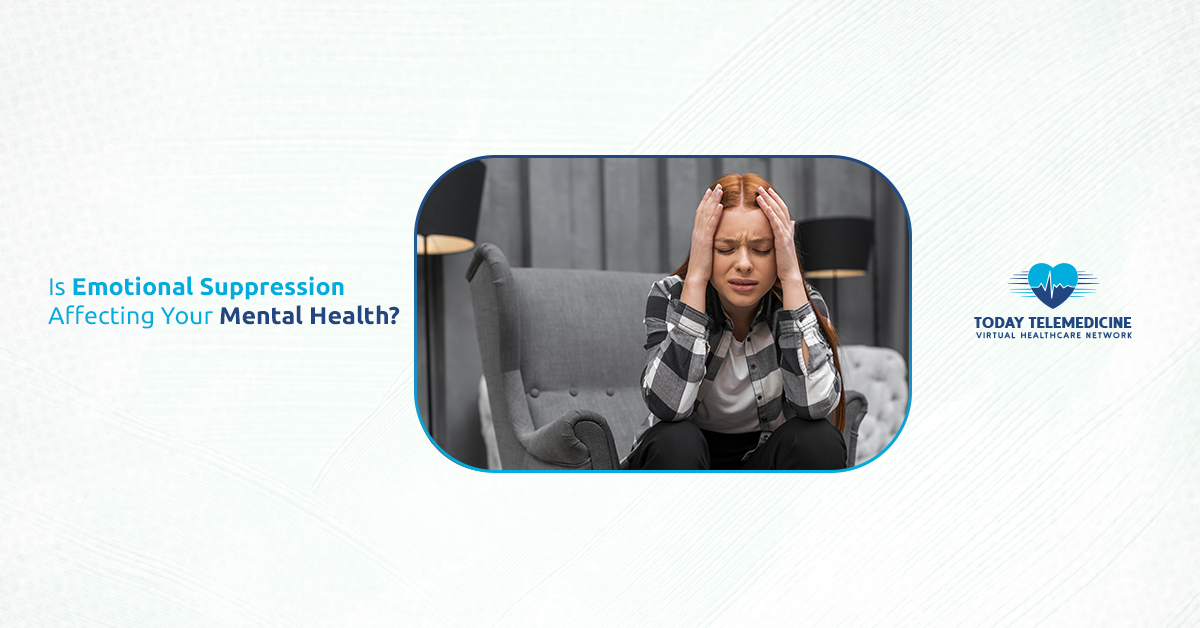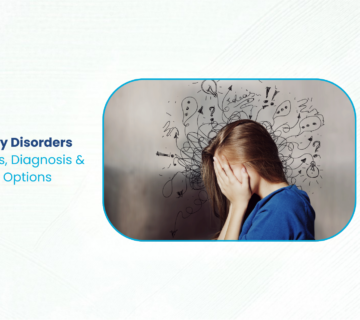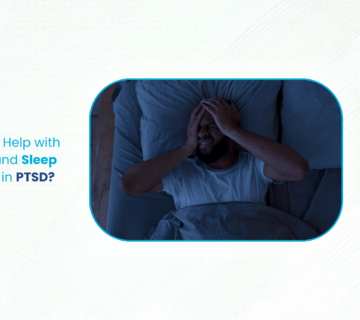When strong emotions show up, we have been conditioned to believe that they are very inconvenient. Messy. Better to just keep moving, keep functioning, keep it together.
Here is the thing no one wants to admit, though: when we push down those feelings and emotions, they go nowhere.
They just find other ways to resurface and get our attention.
What Happens When We Refuse to Feel and Process Emotions
Your body keeps the score, as they say.
When we habitually drive emotion out of our lives, we are effectively asking our nervous system to store stress that should have just flowed through us.
Emotions also produce actual physical changes: your heart goes racing, your cortisol goes surging, and your muscles tighten.
It is a normal and healthy process when emotions have a chance to go through their cycle. But when do we block that process? Things just get complicated.
Your body does not distinguish between grieving and trying to escape real danger.
It is simply aware that something is wrong and remains vigilant, hoping that there might be a solution, but there simply is none.
The Real Toll
Maybe you’ve noticed some of these showing up in your life:
- Your body starts talking louder—headaches that won’t quit, a stomach that’s always in knots, exhaustion that sleep doesn’t fix
- Sleep becomes elusive because your nervous system can’t truly rest when it’s holding so much
- Relationships feel harder because connecting authentically becomes nearly impossible when you’re disconnected from yourself
- Anxiety comes from the constant energy it takes to keep everything locked down
- Emotions come out sideways—snapping at your kid over nothing, crying during commercials, feeling rage over minor inconveniences
What Helps
This has nothing to do with turning into an emotional wreck and spilling your feelings on everyone who happens to be nearby.
It has to do with striking a balance somewhere between acceptance and being overwhelmed.
Some things that actually work:
- Just naming it—”I’m pissed” or “I’m scared” can take the edge off immediately
- Feel where it lives in your body—notice the tight chest, the clenched jaw, breathe into those places
- Let your body move—walk it out, shake it off, cry if you need to
- Find your people—someone who can hold space for the messy parts
By allowing feelings to have space to live, they tend to pass through more quickly than they may happen when we attempt to block them out.
When You Need More Support
Some of the patterns may be too deep to solve alone.
Do you find yourself constantly stressed out, desensitized towards life or learning that all those feelings bottled up inside you are what is causing stress, not to mention anxiety, depression, or other physical ailments you simply cannot rid yourself of?
It is time to get some assistance.
There’s no shame in this. Some of us learned early that feelings weren’t safe to have. Some of us are carrying things too heavy to hold alone.
A good therapist can help you learn to be with your emotions without being destroyed by them.
Your Feelings Aren’t the Problem
Your emotions aren’t trying to ruin your life. They’re trying to tell you something important.
One of the reasons behind that anger could be a boundary that should be established. The sorrow may also be a way of respecting what you have lost.
Anxiety could be showing you that something requires your attention.
You are not required to act on every feeling; you can listen to what they are attempting to say.
Your emotions are part of your internal guidance system.
It’s about showing up for all of yourself, even the uncomfortable parts, with kindness.
Speak to a Specialist at Today Telemedicine
Today Telemedicine connects you with a licensed mental health professional who understands that feelings aren’t the enemy.
Book your session today and start building a different relationship with your emotional world.
FAQ
Is it ever okay to suppress emotions?
Brief regulation in certain situations is normal—like staying professional during a meeting. But the problem is chronic, habitual suppression.
How do I know if I’m suppressing emotions?
You might feel numb or have unexplained physical symptoms. You might even struggle to identify feelings or have sudden emotional explosions.
Can therapy really help?
Yes. A good therapist gives you tools for processing emotions and helps you see patterns you might miss on your own.





